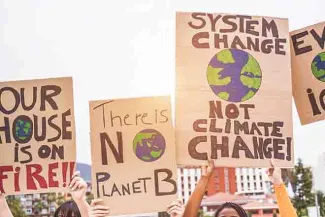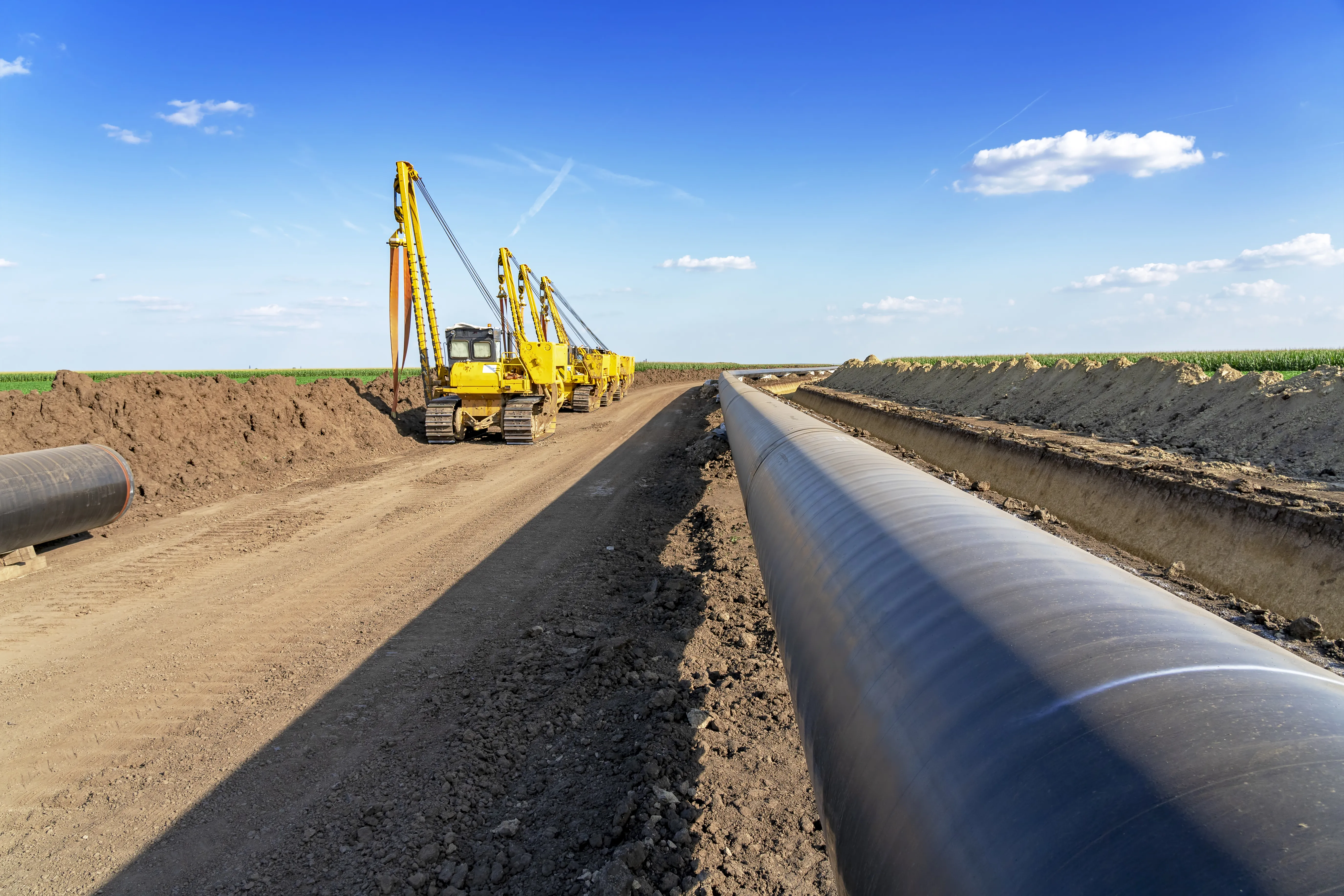
Report: Second Trump term would add 4 billion tons of climate pollution
Click play to listen to this article.
(Colorado News Connection) As Americans begin to weigh their options in this year's presidential election, a new Carbon Brief analysis projects that a second Biden term would help reduce climate pollution - but the administration will still fall short of meeting its 2030 goals.
Report co-author Simon Evans - senior policy editor at Carbon Brief - said by contrast, a second Trump term that successfully rolls back Biden initiatives, including the Inflation Reduction Act as promised, would add four billion extra tons of fossil fuel pollution.
"That's equivalent to the combined annual emissions of the European Union and Japan," said Evans. "That amount of extra emissions, four billion tons of greenhouse gas emissions by 2030, would cause global climate damage worth something like $900 billion."

© iStock - DisobeyArt
Trump has repeatedly claimed that climate change is a hoax, and advanced policies that increased crude oil drilling in order to maintain American energy dominance.
Researchers project a second Trump term would wipe out all emission-reduction gains made over the past five years by installing wind turbines, solar panels, and other clean energy technologies across the globe twice over.
In the 20th century, Evans said nations controlling large fossil fuel reserves did hold significant economic and other advantages.
But in the 21st century and beyond, he said he believes countries with large portfolios of clean energy will have the advantage.
"Actually, clean energy technologies are a great way of bringing energy security," said Evans. "Because you're not relying on import, you're just relying on the wind and the sun that you have in your own country. And the U.S. is certainly very well endowed with wind and solar resources."
Four billion tons is also equivalent to the combined annual emissions of the world's 140 countries with the smallest carbon footprints.
Evans noted that people who can't afford air conditioning to survive extreme heat, or move away from areas prone to flooding and wildfire, will continue to face the biggest threats.
"The people around the world that are least responsible for climate change," said Evans, "whether that's in the poorest countries in the world, or the poorest people in the richest countries - those tend to be the people that are most exposed to the negative impacts of climate change."
















